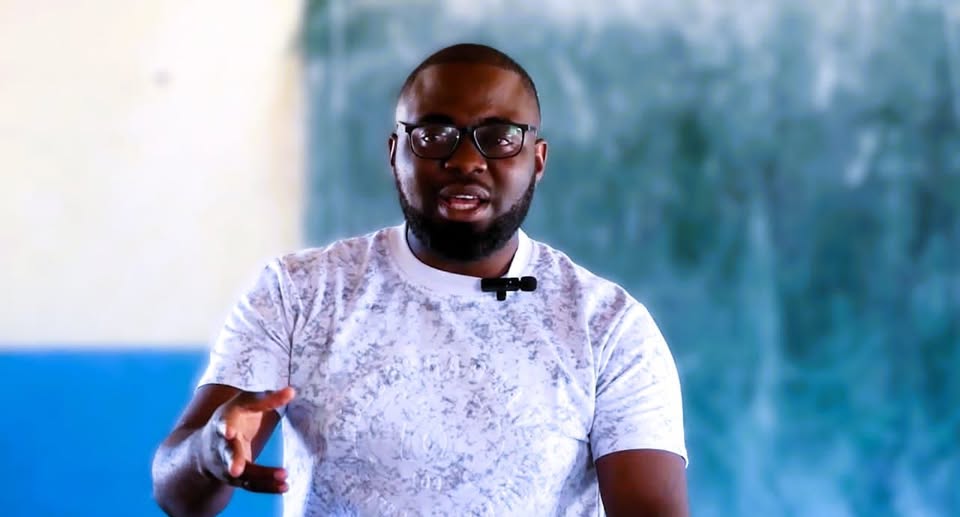CJC Urges Luangwa Advocates to Bypass Bureaucracy and Engage Government
Climate Just Communities (CJC) has urged local climate justice champions in Luangwa District to find innovative ways of engaging senior government leaders and navigating around bureaucratic bottlenecks that often hinder grassroots participation in national decision-making.
This call to action came during a series of consultative meetings and a Post Climate Justice Indaba held in Luangwa by the Centre for Environment Justice (CEJ) under the ongoing CJC Project. The initiative, funded by the Scottish Government, is being implemented in Zambia, Rwanda, and Malawi to strengthen climate resilience and empower marginalized communities.
Speaking during the final session, CEJ Project Coordinator Engineer Gabriel Mukuka acknowledged that while many top government officials are open to citizen engagement, excessive red tape, protocol, and procedural delays often make it difficult for communities to gain access and have their concerns heard.
“Advocates must innovate around bureaucracy, follow up persistently, and use lawful and customary channels to ensure that important matters aren’t lost in paperwork. It’s not just about raising issues but ensuring they reach the people who can act,” said Engineer Mukuka.
He also noted that key documents sometimes go missing within government offices, reinforcing the need for consistent follow-ups.
He particularly encouraged individuals who have applied for Constituency Development Fund (CDF) support to remain active in the process and seek formal responses. Mukuka emphasized that confidence and regular engagement with government leaders are key to community empowerment.
In Zambia, the CJC Project is focused on four climate-vulnerable districts: Luangwa, Sinazongwe, Sioma, and Shang’ombo. The programme tackles urgent issues such as drought, water scarcity, human-wildlife conflict, and food insecurity. Through its partnerships with the Council of Churches in Zambia (CCZ) and the Evangelical Fellowship of Zambia (EFZ), the project ensures that vulnerable groups—especially women, people with disabilities, and other marginalized voices—are included in shaping local climate responses.
Acting Project Coordinator at the Council of Churches in Zambia, Ms. Grenda Nchima, praised the community advocacy champions trained under the programme for their growing proactivity. She stressed the importance of action-oriented leadership within the communities.
“Champions are no longer just asking questions—they are beginning to act. Many solutions exist within the community itself, and our training has helped them discover how to mobilize these resources effectively,” said Ms. Nchima.
She further urged the champions to avoid dependency and to lead by example in solving local challenges. Stakeholders, she added, are watching closely to assess the tangible outcomes of the training and engagement.
The CJC programme continues to build momentum as a model for grassroots climate justice, offering hope that with increased civic participation and innovation, communities can play a central role in driving sustainable development and resilience across Zambia.



